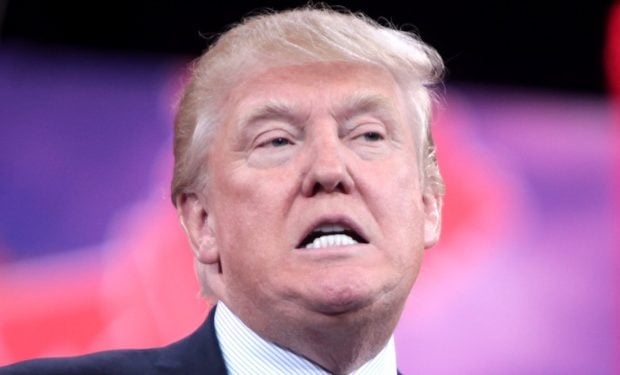Special Counsel Jack Smith‘s recent filing in the Donald Trump classified documents case was broadly characterized as an excoriating demand that Judge Aileen Cannon deliver more clarity on how she intends to instruct the jury. (Washington Post: “Jack Smith puts Judge Aileen Cannon on notice.”)
Smith asks Judge Cannon to squash the ambiguity in her request for proposed jury instructions — an ambiguity deriving from an incorrect, in Smith’s view, interpretation of the Presidential Records Act (PRA) which would broaden the (disputed) scope of Trump’s powers to reclassify certain documents as personal property.
(NOTE: If the jury is given permission to interpret the PRA as a virtual magic wand that transforms documents of any sort — and at any time, even post-presidency — into personal records, then Smith’s case loses much of its power.)
To make this crystal clear, if trial begins and Judge Cannon makes a ruling that is legally erroneous *in the middle of the trial*, resulting in a not guilty verdict, prosecutors *cannot* appeal the verdict.
— Renato Mariotti (@renato_mariotti) April 3, 2024
That's why Jack Smith wants a ruling before trial, so he can appeal. https://t.co/JcZumOs0zB
Former federal prosecutor Renato Mariotti frames the danger for Smith of not getting a decision on jury instructions from the judge before the trial begins, quoting the DOJ: “The Government must have the opportunity to consider appellate review well before jeopardy attaches.” Mariotti writes:
To make this crystal clear, if trial begins and Judge Cannon makes a ruling that is legally erroneous *in the middle of the trial*, resulting in a not guilty verdict, prosecutors *cannot* appeal the verdict.
Renato Mariotti
Seeking clarity and getting it are two different things, however. University of Texas law professor Lee Kovarsky warns that despite Smith’s filing, there is no reason to think that Cannon will “tell parties what instruction she plans to use because it would preserve the rights of the losing party to protect its rights on appeal.”
It’s what Cannon “should” do, Kovarsky says, but “what on earth gives folks the impression that she’ll do that?”
So – yes, Cannon *should* tell the parties what instruction she plans to use because it would preserve the rights of the losing party to protect its rights on appeal. But what on earth gives folks the impression that she’ll do that?
— Lee Kovarsky (@lee_kovarsky) April 3, 2024
9/
Mariotti writes:
More context:
— Renato Mariotti (@renato_mariotti) April 3, 2024
Cannon’s order asking the parties for jury instructions that erroneously stated the law suggested she was contemplating telling the jury that the PRA gave Trump the right to take and keep whatever he wanted.
As legal analyst Lisa Rubin says below about the issue: “[If] the jury is already seated by the time she gives this instruction, the federal government has no avenue to appeal.”
